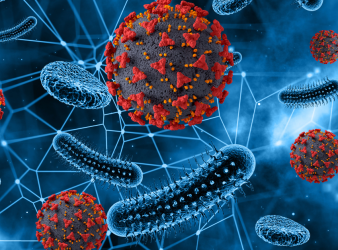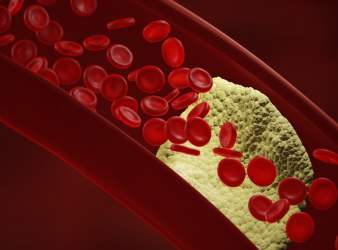
Author: Rachel Paul
According to University of Queensland research, there is a correlation between parental stress caused by.
Professor Sang Cheul Oh of the Division of Oncology/Hematology, Department of Internal Medicine, Korea University.
The development of novel tissue-equivalent materials at the University of Surrey might open the way.
Cardiac pacemakers are battery-powered, and the pacing leads can cause valve damage and infection. Furthermore,.
Introduction Light-enabled bioelectronic devices provide as an effective link between electronic and biological systems, enabling.
Researchers discovered that elevated levels of NfL in the blood of Multiple Sclerosis patients could.
Engineers from the University of Bath created the ‘world’s fastest Covid test,’ which provides lab-quality.
Researchers developed a pan-tumor transcriptomic and epigenetic regulation atlas using single-nucleus chromatin accessibility information and.
Scientists at the Ontario Institute for Cancer Research (OICR) have discovered one mechanism by which.
Atherosclerosis is a leading cause of cardiovascular disease and stroke. Despite medical advancements, the number.









